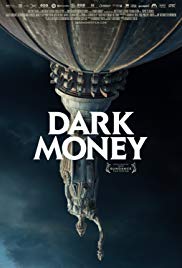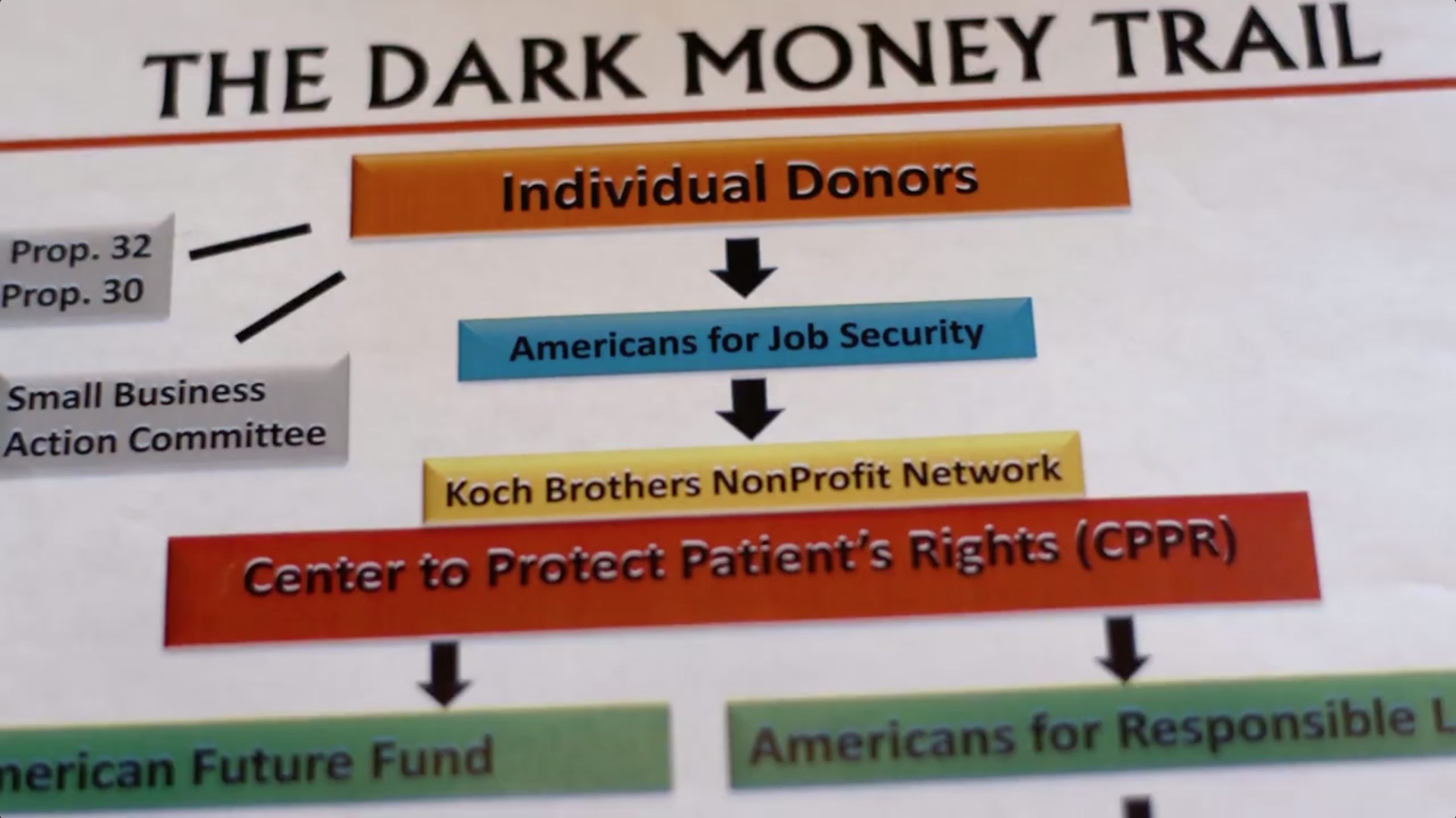by Glenn Dunks
 Talk about a sharp turn. Director Kimberly Reed is best known for her 2008 feature Prodigal Sons, an autobiographical documentary about Reed’s journey as a transgender woman returning home to her small town high school reunion where she not only must confront the people who knew her as a football quarterback when living as a male, but also the strange story of her adopted brother’s newly discovered heritage to Orson Welles and Rita Hayworth and his declining mental health. It was an astonishing film and one that The Film Experience loved and covered at the time.
Talk about a sharp turn. Director Kimberly Reed is best known for her 2008 feature Prodigal Sons, an autobiographical documentary about Reed’s journey as a transgender woman returning home to her small town high school reunion where she not only must confront the people who knew her as a football quarterback when living as a male, but also the strange story of her adopted brother’s newly discovered heritage to Orson Welles and Rita Hayworth and his declining mental health. It was an astonishing film and one that The Film Experience loved and covered at the time.
In the time since, Reed brought her story to audiences once more in the opera As One (which I also covered in 2014) as well as produced Paul Goodman Changed My Life and last year’s The Death and Life of Marsha P. Johnson for Netflix. It was a great surprise to me then to discover Reed’s latest film – her first as director for a decade – was a swerve away from themes of identity, gender, sexuality and family, but was instead a piece of investigative political journalism imbued with the narrative thrust of a court-room thriller.
Dark Money examines the various threads that make up the confusing and alarming world of American election campaign financing...
The film goes to great lengths through music and editing to portray the sinister forces at work that give the film its name, an elaborate series of misdirects and ruses that buttress the US political system to the point of illegality, yet do so under the guise of anonymity. The way organisations and companies filter their money through the system of PACs and Super PACs (basically a white collar form of money laundering) who then target ill-preferred political candidates with incorrect and often outright slanderous attack campaigns to get specific individuals elected only to then hold them to ransom so to speak for support of the original corporation’s political and social agendas. It’s scary, but hardly shocking.

Reed focuses primarily on her home state of Montana, examining in fine detail the state’s descent into political muckraking that goes back to the 1800s when copper mining companies bought the state’s leaders for their benefit, and their efforts to clean it up that have now been unravelled by the Supreme Court’s 2010 Citizens United decision. Beyond the specific histories, Reed follows John S. Adams, a newspaper reporter on the trail of just how threatened democracy is by these American oligarchs who are financing these campaigning schemes and in particularly in the case of Art Wittich, a member of the Montana legislature taken to court over his accepting of illegal campaign funds.
Reed’s film is a really striking one. What could have been a mere segue in another film – think of the likes of Inside Job or the more recent The China Hustle – is instead given the attention it deserves and is handled delicately. It is clear and concise, miraculously (and frighteningly) easy to follow as it weaves across the country and through decades of political discourse. Reed and her editor Jay Arthur Sterrenberg share a writing credit and their efforts at assembling the film are not easily ignored. Likewise, I was impressed by Reed, Sterrenberg and their co-cinematographer Eric Phillips-Horst for the way they were able to always find interesting compositions and frames for the drama, even when it’s the simplest of shots like that of the red blinking traffic lights in the foreground with the White House just out of focus at the back.
Perhaps by pure necessity of her home state’s political leaning, Dark Money is a thoroughly bi-partisan film. Many of the individuals targeted for smear campaigns are Republicans (presumably because the insidious corporations wielding their influence know Democrat candidates won’t win) who are perceived as too moderate for the policies they wish to see introduced or stripped away. Despite the film not falling across overtly red or blue lines, it of course speaks to a larger relevancy as the "swamp" widens across the country.
While the subject matter may be wildly different to her previous work, it’s obvious that the through-line between Reed’s two directorial efforts is a real empathy for the sort of people she grew up around. So while Dark Money is often horrifying in the realities it is laying down, there is a genuine sadness to be felt that this was one of the first dominoes to fall that lead America to where it is now. And no matter the political lines you fall across, that should be a tragedy.
Release: Opens this Friday at NYC's IFC Center, followed by Washington D.C. on July 20, and more cities from July 27 through August. It will later screen on PBS on October 1st as a part of their POV series.
Oscar Chances: Without the grandeur of Inside Job or the specificity and name recognition in Abacus, these sort of political features tend to get lost in the awards fray. Having said that, given the ongoing political crises and the election coming up later in 2018, its story could prove timely and push it to bigger attention.